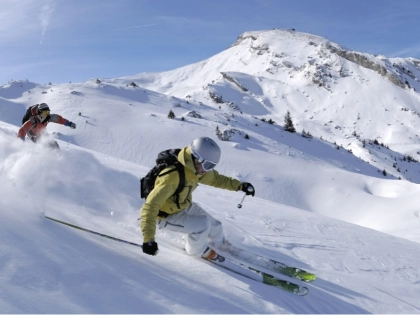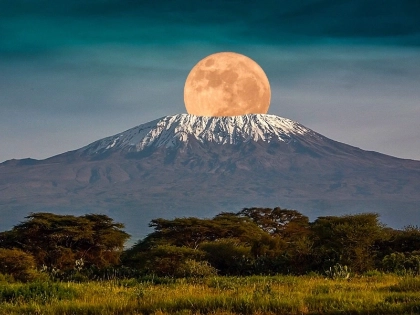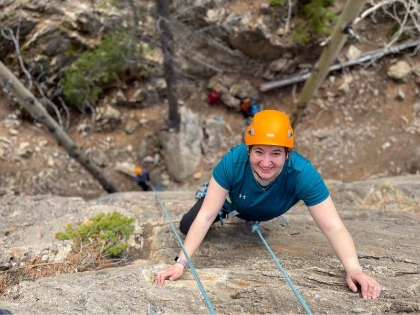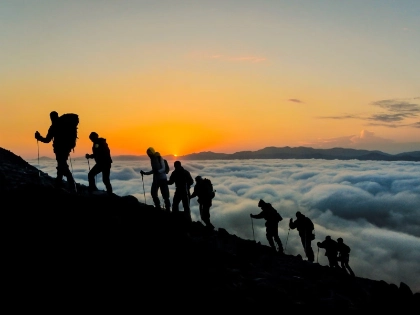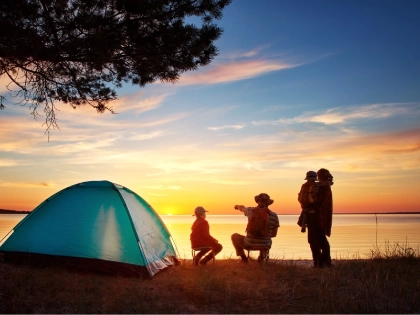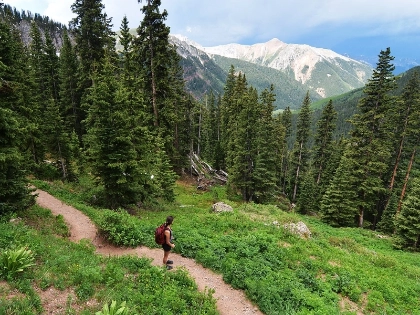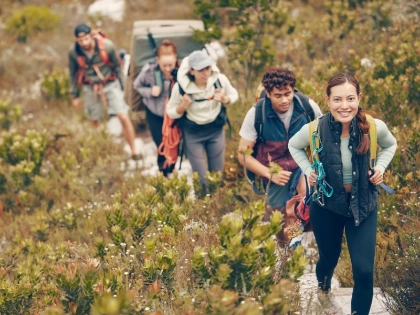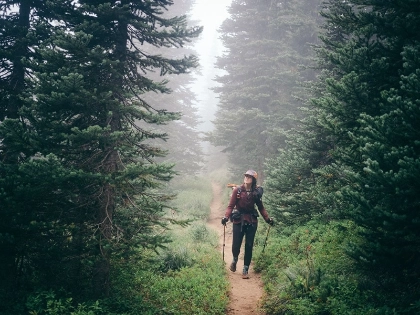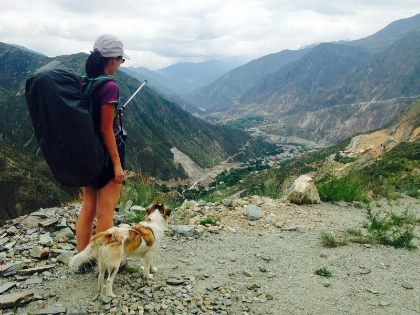What is the Best Thing About Camp?
Children get the opportunity to contact excellent adult role models during camp. Most college students who opt to work at summer camps during their breaks are counselors at overnight camps. Camp enables children to engage in activities they are enthusiastic about and teaches them how to make decisions without the presence of their parents. They gain confidence and learn that making mistakes is acceptable as a result.
1. You can learn there in safety.
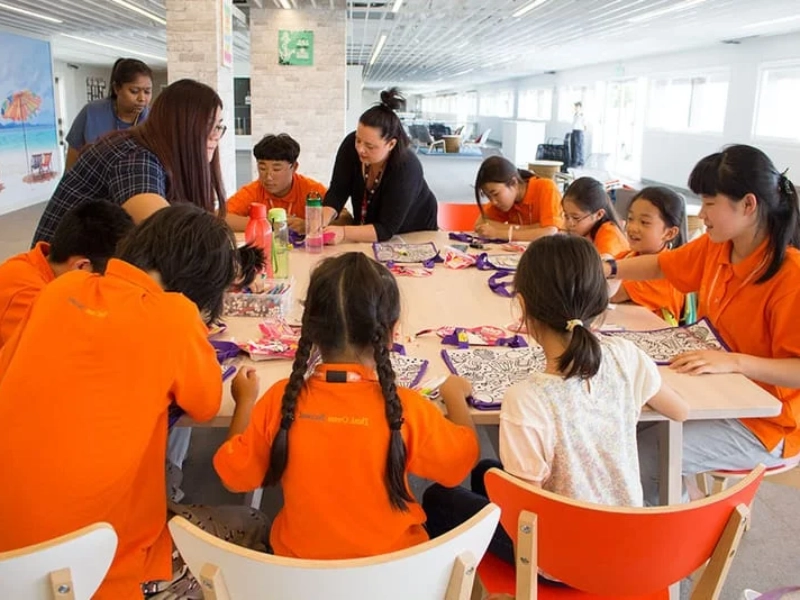
2. You can make pals there.
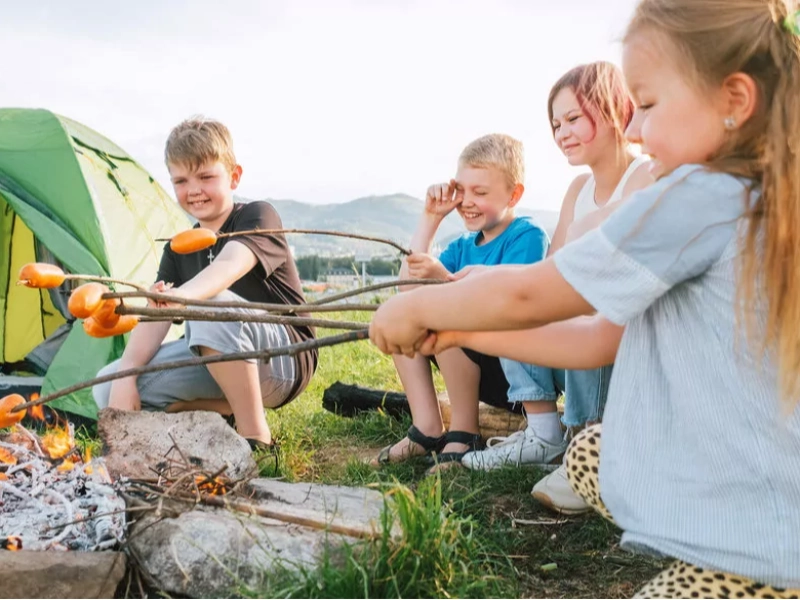 Children from diverse communities and cultures come together at camp. They pick up new social skills, respect for others, and proper self-disclosure practices. Additionally, they learn how to collaborate in small groups, which is crucial for creating enduring connections.
Children who attend specialty camps like those for theater, technology, or outdoor education are likely to get to know other campers who are passionate about similar things. This is particularly crucial for children who experience academic difficulties or social isolation.
When shy and anxious kids introduce themselves immediately, it's usually simpler for them to connect with other kids at camp. Searching the group for someone who appears to be experiencing similar emotions is a smart option. Try to sit or stroll with them. It might just make breathing a little easier for them.
Children from diverse communities and cultures come together at camp. They pick up new social skills, respect for others, and proper self-disclosure practices. Additionally, they learn how to collaborate in small groups, which is crucial for creating enduring connections.
Children who attend specialty camps like those for theater, technology, or outdoor education are likely to get to know other campers who are passionate about similar things. This is particularly crucial for children who experience academic difficulties or social isolation.
When shy and anxious kids introduce themselves immediately, it's usually simpler for them to connect with other kids at camp. Searching the group for someone who appears to be experiencing similar emotions is a smart option. Try to sit or stroll with them. It might just make breathing a little easier for them.
3. You can grow there.
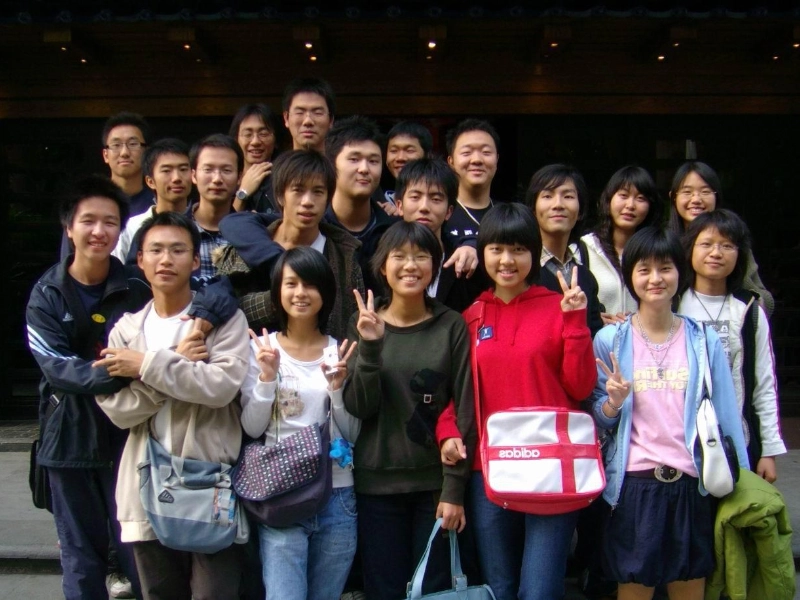 Eliminating everyday distractions fosters creativity and unconventional thinking in children. In the arts and crafts room, on a hike, or while learning to cook over a campfire, kids are encouraged to utilize their imagination and make decisions without the constant tug of technology. Other activities that encourage this kind of thinking include improvisation in the theater.
Children attending sleepaway camps are also taught to value and show gratitude. Kids who spend time at camp frequently come to understand how much they value their friends, family, and the little things in life—like a hot breakfast or a cozy blanket.
Lastly, sleepaway camps teach children how to collaborate with others. Kids learn how to collaborate with people who have various interests, personalities, and styles in a supportive and nonjudgmental setting by playing cooperative activities like water polo or basketball. Additionally, it aids in the development of the abilities needed to resolve conflicts amicably and solve problems.
Eliminating everyday distractions fosters creativity and unconventional thinking in children. In the arts and crafts room, on a hike, or while learning to cook over a campfire, kids are encouraged to utilize their imagination and make decisions without the constant tug of technology. Other activities that encourage this kind of thinking include improvisation in the theater.
Children attending sleepaway camps are also taught to value and show gratitude. Kids who spend time at camp frequently come to understand how much they value their friends, family, and the little things in life—like a hot breakfast or a cozy blanket.
Lastly, sleepaway camps teach children how to collaborate with others. Kids learn how to collaborate with people who have various interests, personalities, and styles in a supportive and nonjudgmental setting by playing cooperative activities like water polo or basketball. Additionally, it aids in the development of the abilities needed to resolve conflicts amicably and solve problems.
4. You can have fun there.
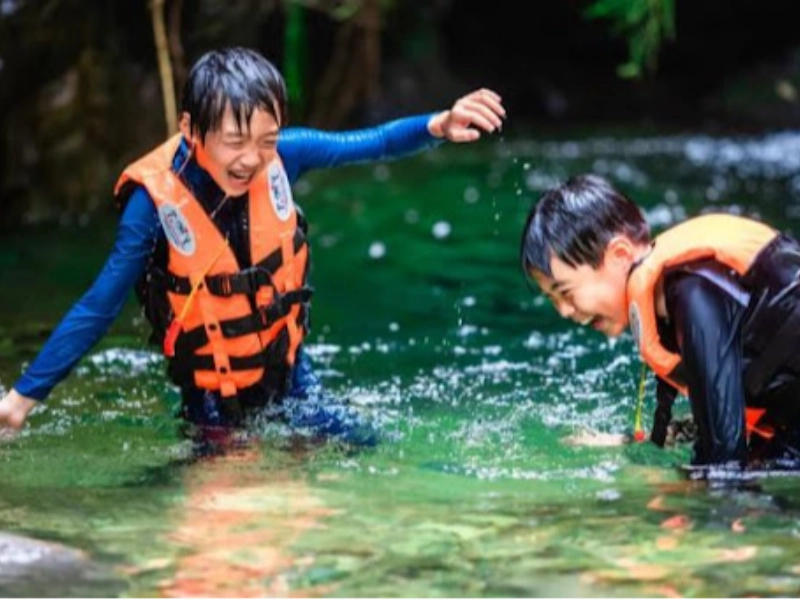 Playing games, exploring the outdoors, cooking outside, and creating new memories are all enjoyable activities. Camp offers children an opportunity to enjoy themselves without the temptations of technology and teaches them to appreciate the little things in life.
The cornerstone of camp is unstructured free play, which gives kids the freedom to use their imaginations and cultivate their capacity for creative thought. Additionally, it teaches children how to resolve conflicts and bargain with friends. Kids at camp are encouraged to try new things, even if they weren't sure about them beforehand. They develop a spirit of adventure and gain confidence as a result.
An exhibit at the Metropolitan Museum of Art that looks at how the idea of camp has inspired contemporary fashion, society, and design was recently highlighted in the New York Times. Camp is "the perfect mixture of the exaggerated, the fantastic, the passionate, and the naive," according to writer Elyssa Goodman. The display exemplifies intentional camping, as described by Susan Sontag in her influential Notes on Camp article (available for free online). The same kind of whimsical excess is observed in drag acts such as the rhinestone-clad Josephine Baker or the gender-bending Aladdin Sane/Ziggy Stardust performances by David Bowie.
Playing games, exploring the outdoors, cooking outside, and creating new memories are all enjoyable activities. Camp offers children an opportunity to enjoy themselves without the temptations of technology and teaches them to appreciate the little things in life.
The cornerstone of camp is unstructured free play, which gives kids the freedom to use their imaginations and cultivate their capacity for creative thought. Additionally, it teaches children how to resolve conflicts and bargain with friends. Kids at camp are encouraged to try new things, even if they weren't sure about them beforehand. They develop a spirit of adventure and gain confidence as a result.
An exhibit at the Metropolitan Museum of Art that looks at how the idea of camp has inspired contemporary fashion, society, and design was recently highlighted in the New York Times. Camp is "the perfect mixture of the exaggerated, the fantastic, the passionate, and the naive," according to writer Elyssa Goodman. The display exemplifies intentional camping, as described by Susan Sontag in her influential Notes on Camp article (available for free online). The same kind of whimsical excess is observed in drag acts such as the rhinestone-clad Josephine Baker or the gender-bending Aladdin Sane/Ziggy Stardust performances by David Bowie.
